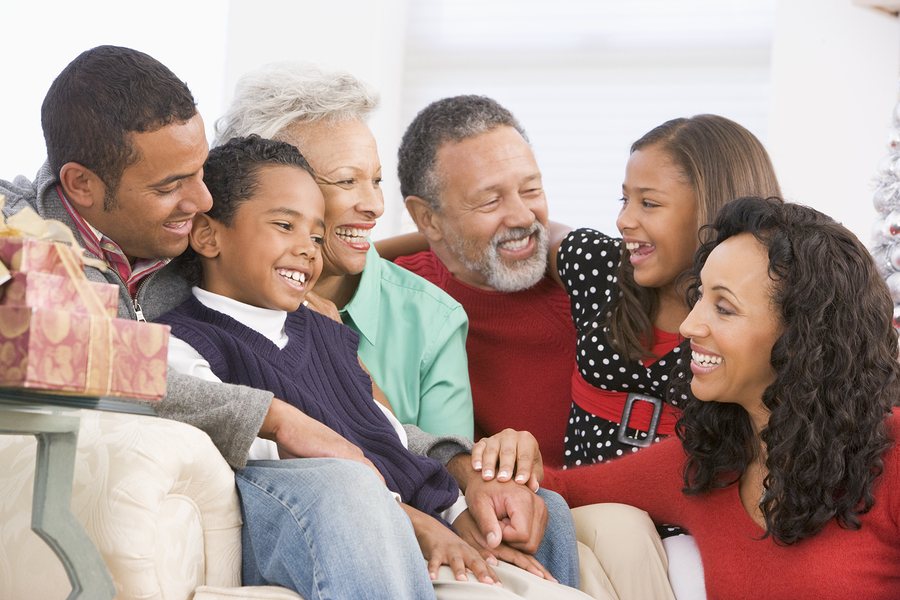
A family may find a business model for meetings is a helpful guide, if an elder member of the family requires care.
An elder member of the family sometimes needs care. If it is a family project, it can be easier, according to aPlaceforMom.com in “Guide to Elder Care Planning & Family Meetings.” That effort will take a family meeting, as well as including paid caregivers in the planning process.
Sharing information and airing different ideas can be productive. One family member might feel like he or she is carrying the whole load, while others feel like they want to do more but aren’t sure how to do so. It’s typical for siblings or others to feel like they are doing more than their share: talk it out, so everyone is taking some part of the responsibility.
These roles are often influenced by culture or gender. Caring for a frail older person is not easy. The same strong person who could easily mow mom’s lawn, will be uncomfortable helping with bathing and toileting.
At least three and at most 10 people should be invited to the meeting. We have some cultural taboos, such as discussing death and dying in front of a person. However, respecting their desire to be part of that conversation is very important. If they don’t want to be involved, respect that as well.
Direct caregivers should be included. The woman who comes to clean weekly may be aware of certain behavioral changes that an every-other-week visitor would not. Family members might also want to include a spiritual advisor, if the person is a member of a faith-based community.
Every family is unique, and some may benefit from the services of a social worker or gerontologist.
Set an agenda and stick with it. Topics will depend on the situation, such as moving to a different residential setting, the use of alert systems and health care transportation.
An elder law attorney can guide you through the process.
Reference: aPlaceforMom.com (January 2018) “Guide to Elder Care Planning & Family Meetings”











